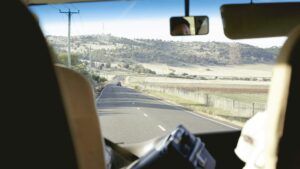Did you know that the rise of artificial intelligence (AI) is not only revolutionizing industries but also disrupting ancient professions? As we witness advancements in machine learning and automation, one unexpected casualty is the age-old art of fortune-telling.
For centuries, fortune-tellers and psychics have intrigued and sometimes exploited individuals seeking guidance about their futures. However, with the advent of AI-driven predictive algorithms, the mystical practice is facing stiff competition. Platforms like AI Tarot and PsychicBot are offering eerily accurate readings based on data analysis and psychological profiling. These virtual fortune-tellers claim to provide insights that surpass human intuition, leaving traditional practitioners worried about their livelihoods.
According to industry analysts, AI fortune-telling apps are gaining popularity due to their convenience, affordability, and perceived objectivity. “People are drawn to the precision and consistency of AI readings,” says technology critic, Angela Wu. “The emotional connection that humans offer may soon be overshadowed by the reliability of algorithms.”
While skeptics argue that AI cannot replace the nuanced wisdom of human intuition, the trend towards digital divination is undeniable. As we navigate this technological shift, it raises profound questions about the intersection of technology and spirituality. Will AI-enhanced fortune-telling bring clarity or confusion to seekers of the unknown? Only time will tell.



